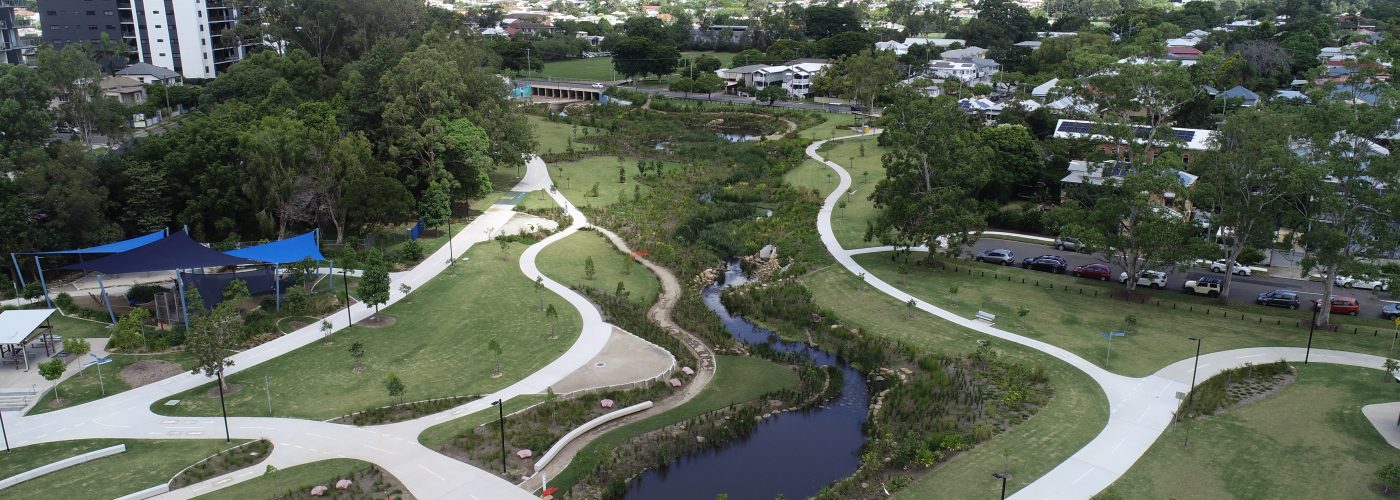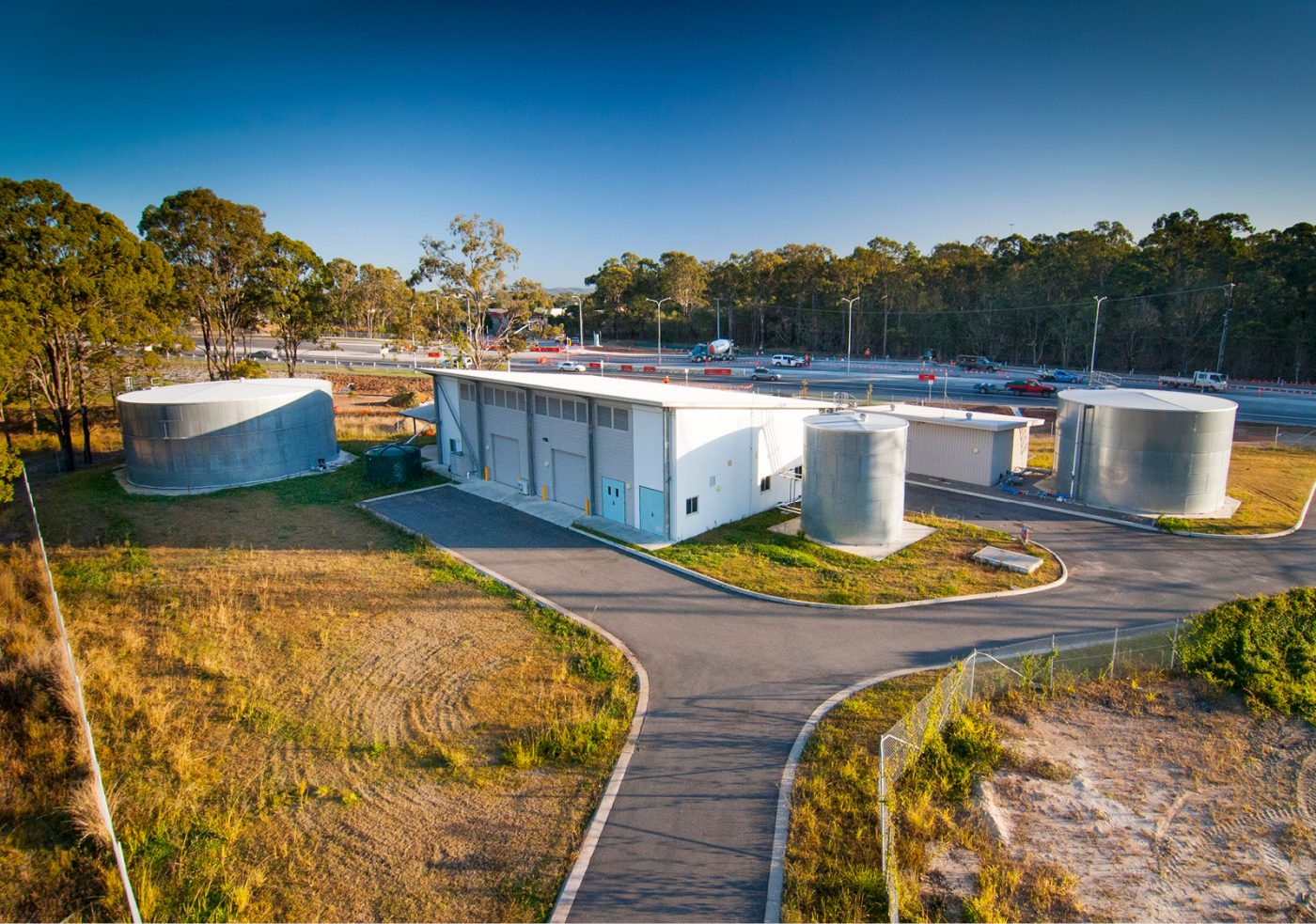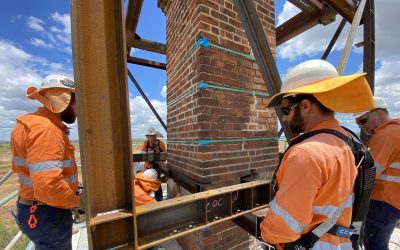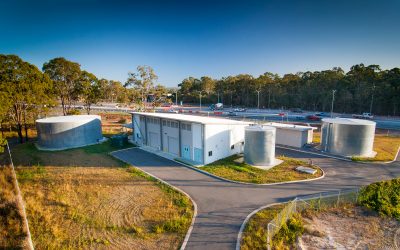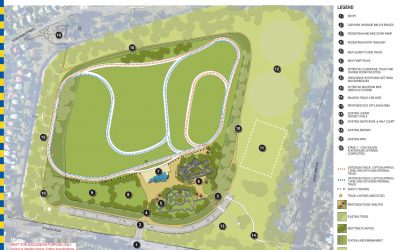‘FiSH’ and ‘PotaRoo’ Stormwater Harvesting Schemes
The Fitzgibbon Stormwater Harvesting (the “FiSH”) and Potable Roofwater Harvesting (the “PotaRoo”) schemes were designed by Bligh Tanner back in 2009-10 as a response to Australia’s Millennium Drought and South East Queensland’s diminishing water supplies. These schemes are innovative examples of decentralised alternative water supply systems; which, although fairly rare in Australia, are generally recognised as a means for providing increased urban water resilience. Decentralised systems can supplement the traditional supply, thereby reducing demands upon the main (centralised) source.
The objective of the FiSH was to capture and treat stormwater runoff for distribution to the local community for non-potable uses including garden watering, toilet flushing and laundry. The PotaRoo was designed to collect roofwater runoff from houses and treat it to a standard suitable for injection into the existing potable water supply system. Both systems were developed using a preventative risk management approach, with multiple water treatment barriers for protection of public health.
These innovative projects secured state, federal and international funding, and were successfully built and commissioned; however ultimately were not operated for their intended purpose. The Millennium Drought had broken by the time they were ready to operate, and the community was facing rising water supply costs due to the significant public investment in the South East Queensland Water Grid. A viable operating model could not be established and as a result the assets could not be transferred to an existing water service provider for ongoing operation. From 2014 to 2019, the treatment plants were essentially abandoned.
In late 2019, the Queensland Government (as the asset owner) engaged Bligh Tanner to manage the recommissioning and 12 month operation of the FiSH and PotaRoo treatment plants. The operational period will begin in mid 2021, and provides an exciting opportunity to collect a wealth of data relating to the operations, and costs, of running decentralised water supply systems.
For those interested, make sure not to miss Dr Michael Lawrence’s upcoming Ozwater presentation “Back to the Future? Decentralised Alternative Water Supplies: A Case Study of Innovation vs. Regulation.”
